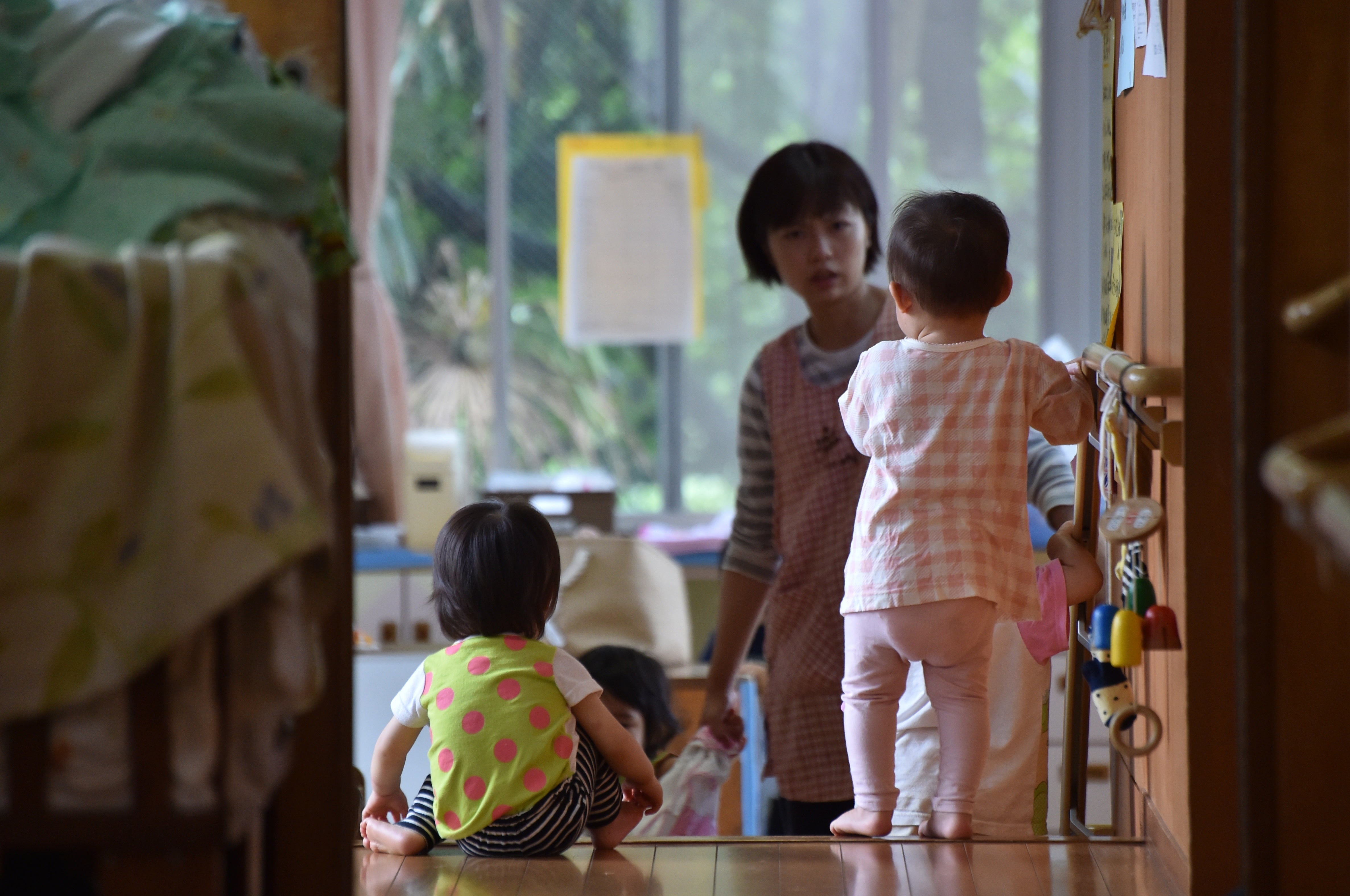Japanese parents share puzzlement over used nappy take-home rules
A survey revealed that 40 per cent of towns and cities in Japan employ the rarely-dicussed practice

Japanese parents have shared their puzzlement over a bizarre demand that guardians take their children’s soiled nappies home from public day cares.
A survey by Osaka-based Baby Job Inc., which offers a subscription-based nappy service for nurseries, revealed that 40 per cent of towns and cities in Japan employ the rarely-dicussed practice.
One mother, 43, who is asked to bring home three or four used nappies in a bag to throw away at home daily, told the Mainichi Shimbun newspaper: “I’ve never told the day care that it bothers me because I don’t want to rock the boat. But it’s strange.”
“Why should I take them home?” the woman added, who sends her two-year-old daughter to a nursey in Kyoto, where the local government policy has been in force since 2011.
According to Baby Job, 39 per cent of 1,461 municipalities it surveyed operated a “take-home” policy.
Meanwhile, 49 per cent were found to have no take home policy for soiled nappies, while a further 11 per cent said they were unsure or simply responded “other”.
The areas with the highest rates of “take-home” policies were Shiga (89 per cent), Nagano (85 per cent), Kagawa (75 per cent), Kyoto (73 per cent), Shimane (67 per cent), Yamaguchi (67 per cent), Fukui (65 per cent), Okayama (60 per cent), Miyazaki (60 per cent), and Tokushima (59 per cent).
And the reasons as to why these areas asked guardians to dispose of soiled nappies at home ranged from “checking the child’s physical condition by their stool” (43 per cent) and “it’s a continuing practice, or reasons unknown” (30 per cent), to “problems in arranging storage and collection of garbage” (14 per cent) and “budget not available” (9 per cent).
An official from the city of Fukuoka said the practice was derived from the days when disposable nappies were less common, and people relied instead on resuable alternatives.
Yukinori Abe, of the municipal government’s children’s future bureau, told Mainichi Shimbun: “We want the children’s guardians to keep track of their health condition, such as the number of times they poo.
“Guardians buy crayons and other items that are used by individual children at the centre … the same goes for diapers, with guardians bearing the cost of their disposal.”
Meanwhile, Yuiko Fujita, a sociology professor at Meiji University, said the policy reflected the country’s outmoded approach to childcare.
“It is allowed to continue because our society has little awareness of raising children together,” she said.
“The idea that it’s the mother’s responsibility to take care of children and their excrement is deeply rooted.”
Join our commenting forum
Join thought-provoking conversations, follow other Independent readers and see their replies
Comments



Bookmark popover
Removed from bookmarks